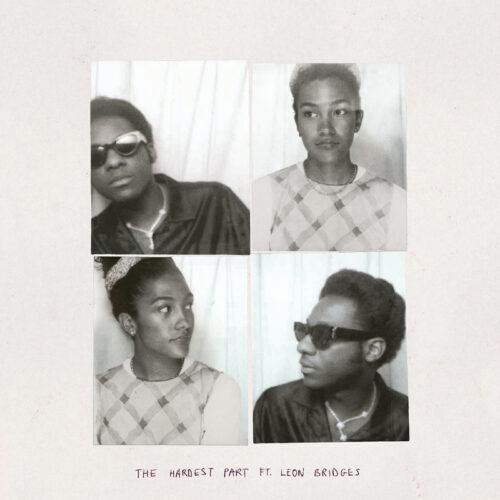Olivia Dean could easily have stayed in one lane for her debut album, “Messy.” She has been on a glide path to a career in smooth English pop-soul. She’s a creamy-toned, jazz-tinged singer and a heartsore but resilient lyricist, grounded in classic verse-chorus-bridge songwriting.
Dean, 24, has been releasing songs since 2018 — long enough to make her first album feel like a turning point instead of an introduction. It reaffirms what she’s been doing right; it also claims new possibilities.
She was born in London — to a Guyanese-Jamaican mother and an English father — and soaked up music from her father’s album collection. (Her middle name is Lauryn, after Lauryn Hill.) She sang in a gospel choir and took musical-theater classes. And like Amy Winehouse, Adele, Leona Lewis, Raye, Jessie J and Imogen Heap, Dean showed enough youthful talent to attend the star-making Brit School of performing arts
Like other newcomers, Dean gained attention for a featured vocal with an electronic act, performing “Adrenaline” with Rudimental in 2019. She was already building her own songs with collaborators. By now, with a series of EP releases and two million Spotify followers, Dean has amassed enough fans — among them Elton John — to have performed at the 2023 Glastonbury festival.
“Messy” makes clear Dean’s pop-soul expertise. She gives vintage Memphis soul a sleek electronic gloss in “The Hardest Part,” a song she released in 2020 that has been streamed tens of millions of times and reappears on “Messy.” (She also released a remix that has her trading verses with Leon Bridges.) The song is about understanding — with regret and relief — that she has outgrown a youthful romance. “Lately I’ve been growing into someone you don’t know,” she sings. “You had the chance to love her, but apparently you don’t.”
The album also flaunts soul craftsmanship with “Dive,” a plush, string-topped ballad about giving in to infatuation. The push-and-pull melody shows the influence of Winehouse, one of Dean’s obvious models. But in Dean’s songs, she usually reaches toward positive thinking and self-care instead of Winehouse’s dark humor.
Another retro soul song, the Motown-flavored, cowbell-tapping “Ladies Room,” offers a decidedly post-Motown idea: that even as part of a couple, a woman is entitled to independence and time by herself. “I love being in your space/But sometimes I need some room,” she explains.
While Dean doesn’t abandon pop-soul, “Messy” determinedly tests other possibilities. The title song — which allows that a little imperfection is OK and insists, “I’m on your side” — approaches psych-folk, with low-fi guitar and piano and apparitional sounds and voices. “No Man” bemoans an emotionally distant partner in a moody, time-warped ballad, layering electronic percussion and mournful strings. She opens the album with “UFO,” which merges folky strumming with Vocoder-processed vocal harmonies, as Dean plays an alien: “I need somewhere to land/I might as well fall into your earthly hands.”
Throughout the album, the songwriting stays old-school: straightforward melodies and lyrics, clear structures, no jump-cut transitions, not even a guest rapper. And while Dean’s songs concentrate on relatable matters of the heart, she ends the album with a declaration of her own distinct identity.
“Carmen” is a tribute to Dean’s grandmother, who came to England from Guyana in the wave of Caribbean immigration that’s now called the Windrush generation. It’s an upbeat march, with steel drum and carnival horns in the mix. “No way to know, how to make a home/In someone else’s motherland,” Dean sings. “You transplanted a family tree/And a part of it grew into me.” The song is as polished as everything else on the album. But it’s willing to get a little personal, too.
